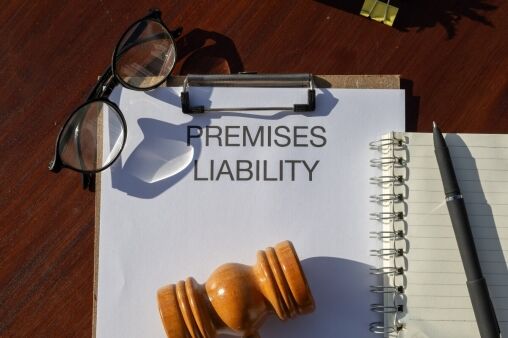
Comparative negligence in premises liability cases can significantly impact the compensation you could receive after sustaining an injury on someone’s property in Chicago, Illinois, if you contributed to the accident.
Comparative negligence is a legal theory that reduces a plaintiff’s compensation based on their degree of fault in the incident that caused them harm. To maximize your compensation, you should work with an attorney who can minimize your attributable degree of fault by collecting strong evidence and building a robust case.
How Illinois Handles Comparative Negligence
Illinois uses a modified comparative negligence system. Pure comparative negligence allows plaintiffs to recover compensation as long as they are less than 100 percent at fault for their injuries. However, modified comparative negligence systems have a lower threshold for being able to recover compensation.
In Illinois, an injured person must not be more than 50 percent at fault for the incident that caused their injuries to obtain compensation. You can still recover compensation if you are partly at fault for the incident, but less than 50 percent at fault. However, your compensation may be reduced by your degree of fault.
For example, if you are found to be 30 percent at fault in a premises liability case, the property owner would only be liable for the remaining 70 percent of your accident-related losses.
Why It Matters in Premises Liability Cases
Comparative negligence matters in premises liability cases due to the significant impact it can have on your financial recovery. If a large portion of the fault is assigned to you, your compensation may be severely reduced, or you may lose your ability to recover money entirely.
The property owner’s insurance company may attempt to shift the blame for the injury onto you. For example, if you slipped and fell in a grocery store, they may claim you were not looking where you were going. Or, if your foot got stuck in a hole on someone’s property, they may say that the hazard was open and obvious and that you should have seen it. The most effective way to counter these accusations is to work with an experienced premises liability attorney.
What You Should Do After an Injury
After you were injured due to a hazardous condition on someone else’s property, taking the proper steps can strengthen your legal case.
Immediately after the incident, you should seek medical attention and document the scene, if possible. Seeking medical attention will demonstrate to the insurance company that you have taken your injuries seriously. Documenting the scene can preserve crucial evidence.
As your premises liability case progresses, avoid speaking to the insurance company without your lawyer present. The insurance company may attempt to persuade you to admit fault, which could lead to the denial or reduction of the value of your claim.
Contact a Chicago Personal Injury Attorney for a Case Evaluation
Our firm has recovered more than $3 billion for our clients, including the highest compensatory verdict ever awarded to an individual plaintiff in Illinois’ history and 400 verdicts and settlements exceeding $1 million.
If you were hurt on someone else’s property, contact Salvi, Schostok & Pritchard P.C. for a free consultation with one of our highly experienced premises liability attorneys. We have 20+ top litigators and 35+ supporting staff with the resources and skills to aggressively fight for your rights.
